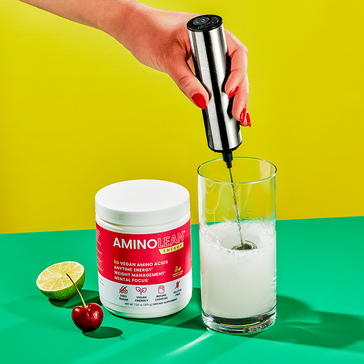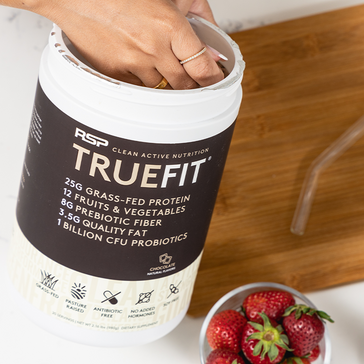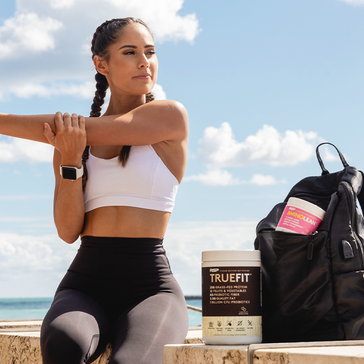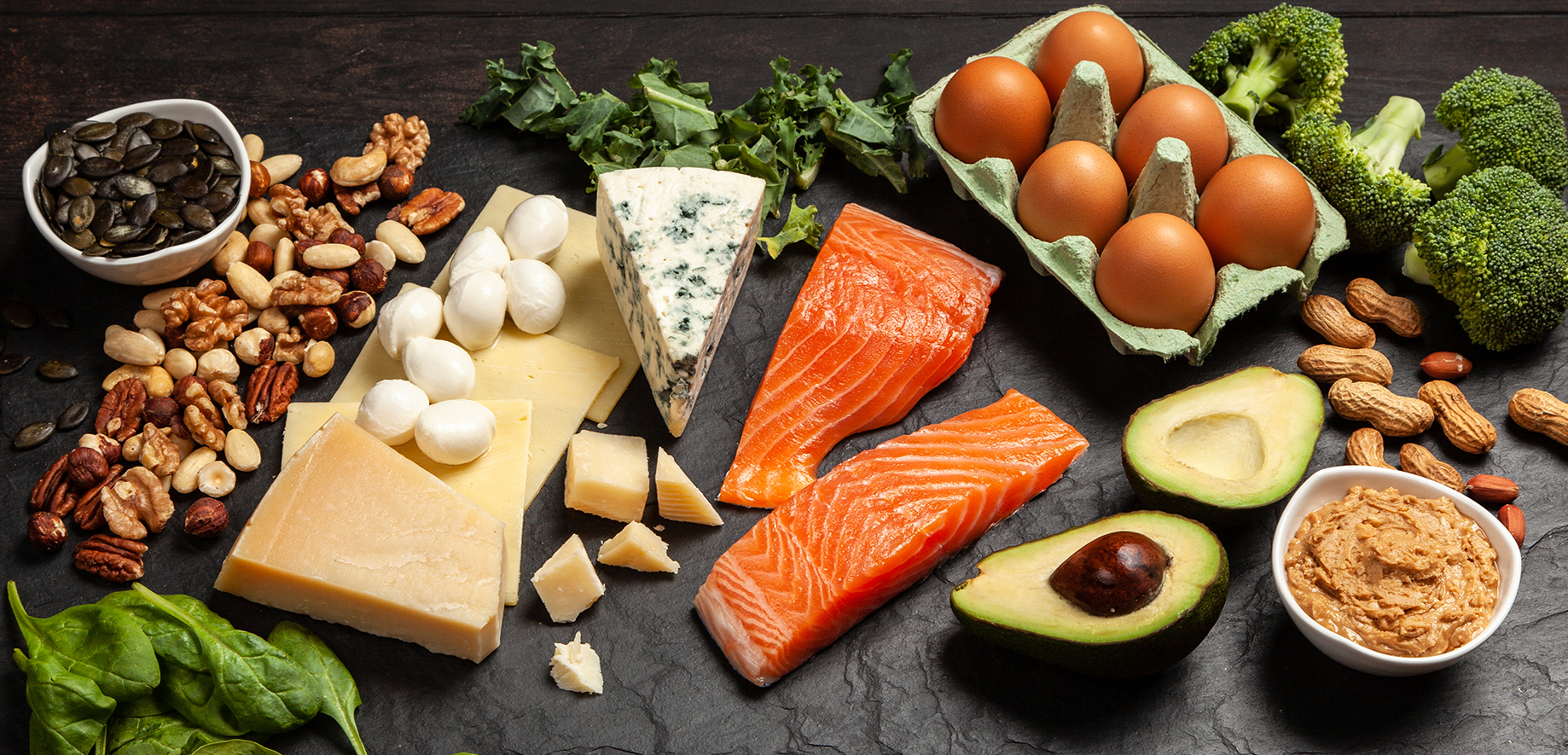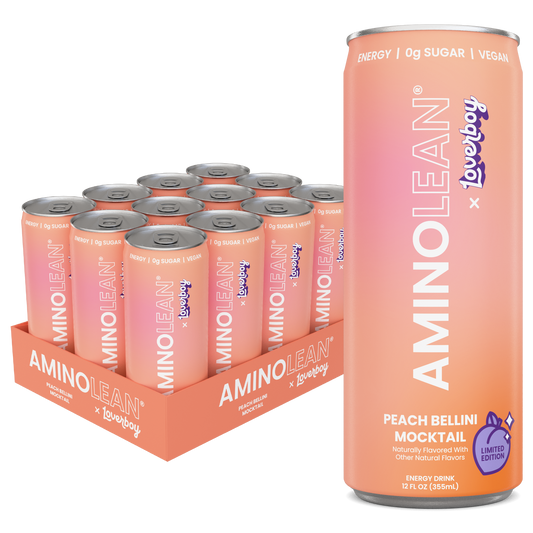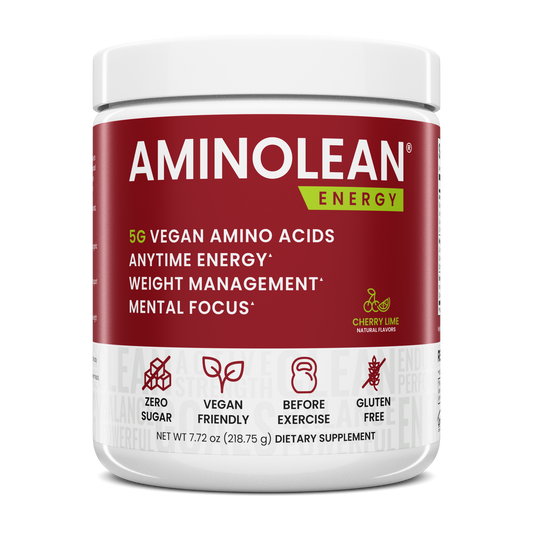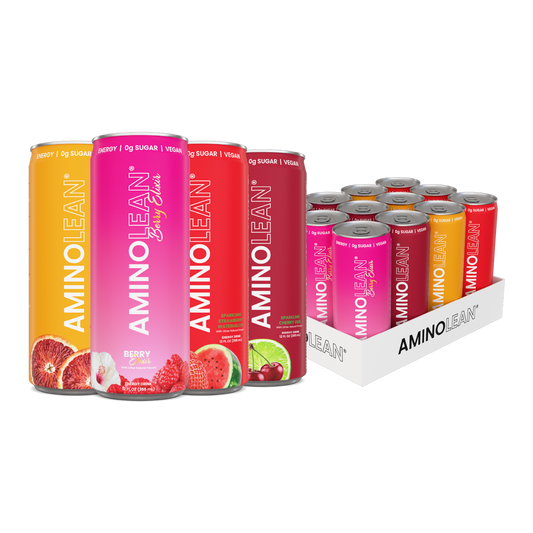By Registered Dietician Tony Castillo
Protein intake is essential for maintaining a healthy diet, but how much protein per day should you have and why is protein important? Very few nutrients are as important as protein. If you don’t get enough through your nutrition, your health and body composition may suffer. Luckily, there are many ways to consume protein in a healthy and convenient way nowadays, such as protein shakes, meal replacements, protein powder, plant based protein, etc.
But like anything with nutrition, there is no one-size-fits-all answer. The ideal amount of protein you need each day depends on factors such as health, body composition, and type of physical activity, to name a few.
Proteins are building blocks that the body’s muscles, tendons, organs, skin, neurotransmitters, hormones, and enzymes rely on. They’re made of smaller molecules called amino acids. Out of the 20 amino acids in your body, 9 of them are essential because you need to get them from food and 11 are non-essential because your body makes them.
There are claims that a high-protein diet can cause osteoporosis and kidney damage; however, scientific studies say otherwise. In fact, protein has been shown to improve bone health and can aid low blood pressure and diabetes.
The only time protein may be an issue is if you have a pre-existing kidney issue. Besides that, protein hasn’t shown to have any negative effects in healthy populations.
How much daily protein should you be getting?
There are different opinions when it comes to how much protein you need per day. The Recommended Dietary Allowance (RDA) says about 0.8g of protein per kilogram. For the average man, that’s about 56g and for the average women, that’s 46g.
The thing is, those numbers aren’t enough for active individuals. They’re to prevent protein deficiency; they’re not for optimal health or body composition.
As a dietitian, I don’t like to give a set number. It can be challenging to hit that same number all the time because most people don’t eat the same exact thing every day. Not only that, but the amount of protein you need a day differs from person to person and depends on things like:
- Activity level: If you’re a powerlifter or you’re into physique sports, then you’re going to need high amounts of protein. Someone who’s into endurance sports needs less.
- Muscle mass: Protein is necessary to increase muscle mass, whether you’re looking to gain or maintain.
- Age: Speaking of, older individuals need more protein to help maintain muscle mass.
- Injury: If you’re recovering from an injury, protein will help rebuild muscle.
- Your goals: Say you’re looking to lose weight. Protein can aid in weight loss because it’s been shown to reduce your appetite and help your metabolic rate. It keeps you fuller, longer. One study showed that by increasing their protein amount, participants ate 400 fewer calories a day and lost 11 pounds on average in 12 weeks.
Instead of a specific number, I prefer to give a range. I normally suggest that women have 1.2 - 1.6g per kilogram of protein per day and men have 1.4 - 1.8g per kilogram. These research-backed numbers are for active individuals looking to build muscle and perform optimally.
How to get protein
Protein can be found in meats, eggs, fish, and dairy. These animal proteins provide all the essential amino acids, plus they have more leucine than plant proteins.
Leucine is an amino acid that triggers a switch in your body that turns on muscle building, making animal proteins better options when you’re looking to build muscle.
Someone who’s vegan or vegetarian can get those essential amino acids from plant-based options like nuts, legumes, and quinoa. This is when working with a sports dietitian would be helpful to ensure you’re meeting your leucine needs with vegetarian sources.
If you struggle to hit your daily protein needs, a protein powder would be beneficial. RSP Nutrition’s TrueFit is a great protein powder that contains over 2g of leucine per scoop, 25g of grass-fed whey protein, 12 organic fruits and vegetables, and 1 billion CFU probiotics.
A meal replacement shake can be a great way to get your protein in as a post workout or post workout snack. If you’re in a bind, RSP Nutrition’s TrueFit meal replacement powder contains 20g of grass-fed protein, prebiotics, probiotics, and organic fruits and vegetables- on-the-go! They also have their TrueFit plant protein powder suited for a vegan lifestyle.
Everyone should be eating protein throughout the day, but determining how much you need isn’t a straightforward answer. Be sure to factor in your activity level, age, muscle mass, goals, and current state of health to get a good idea of how much protein is right for you.
